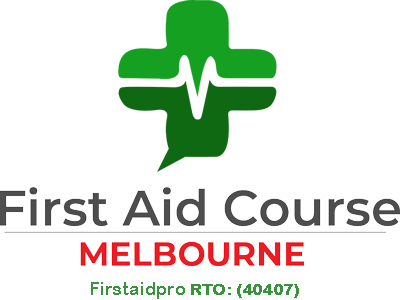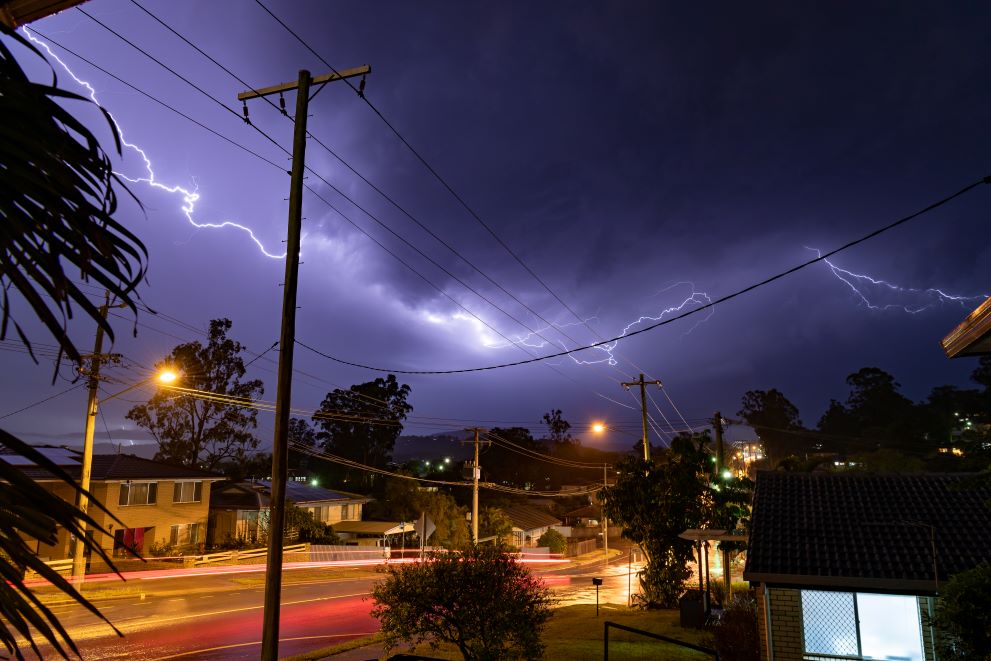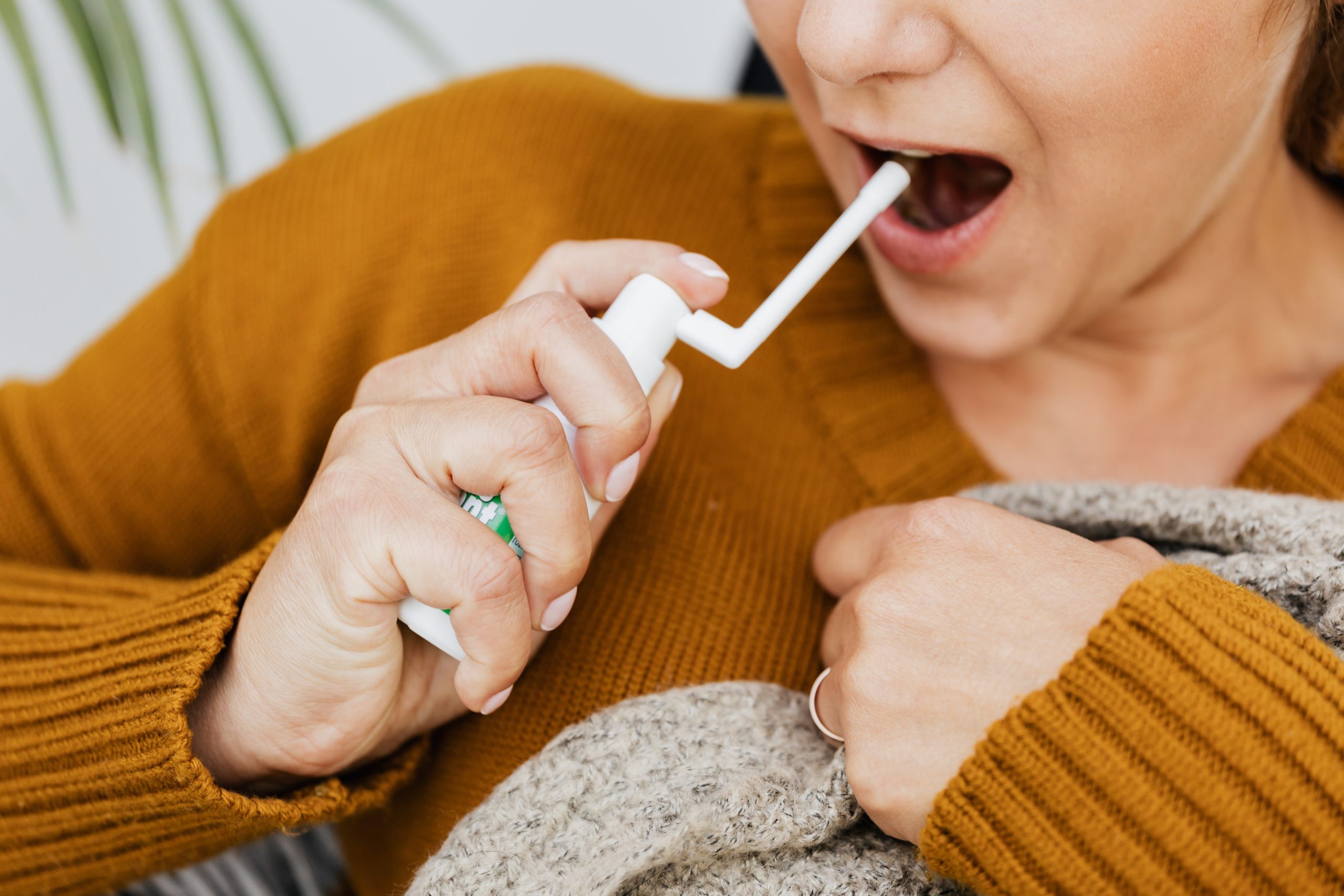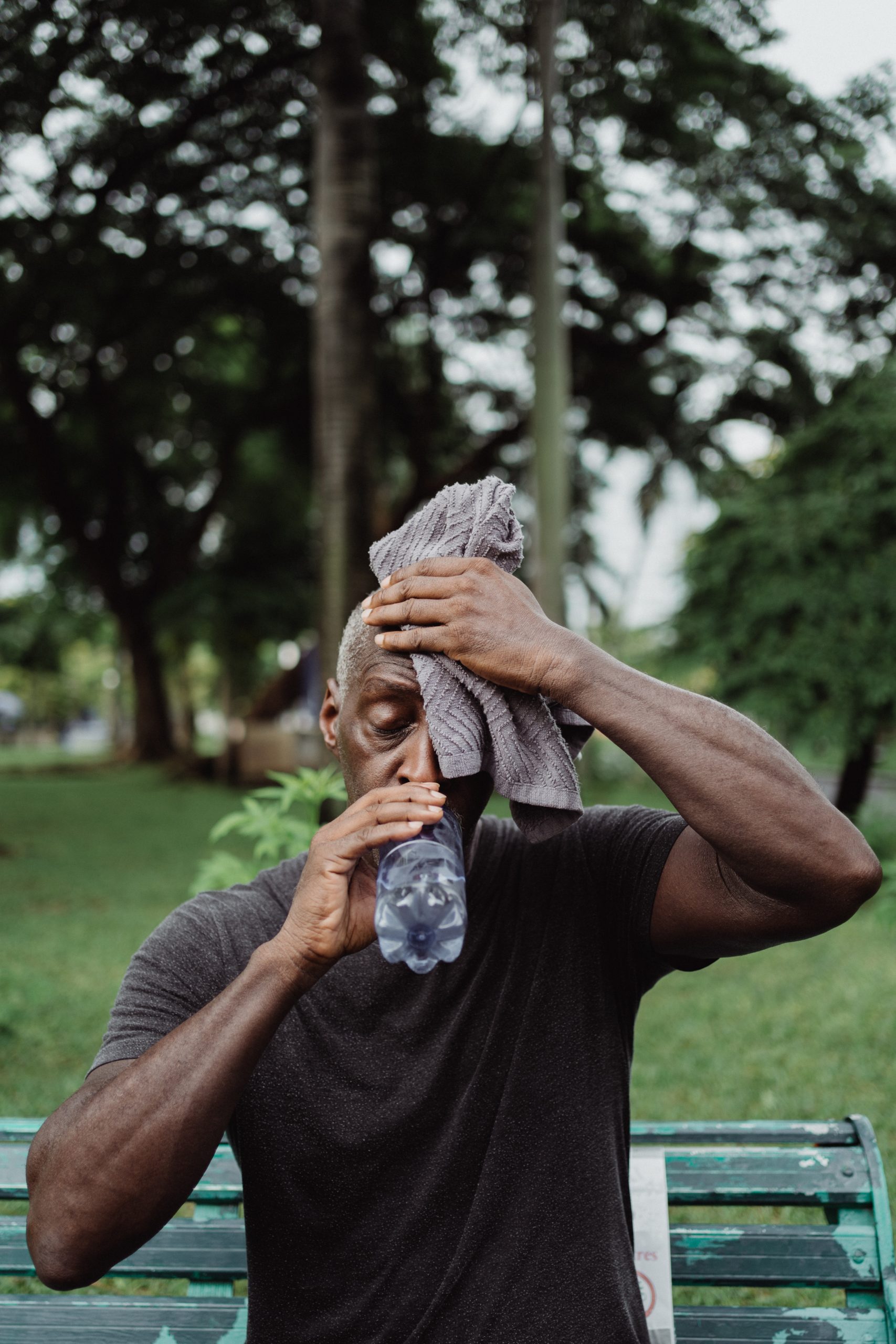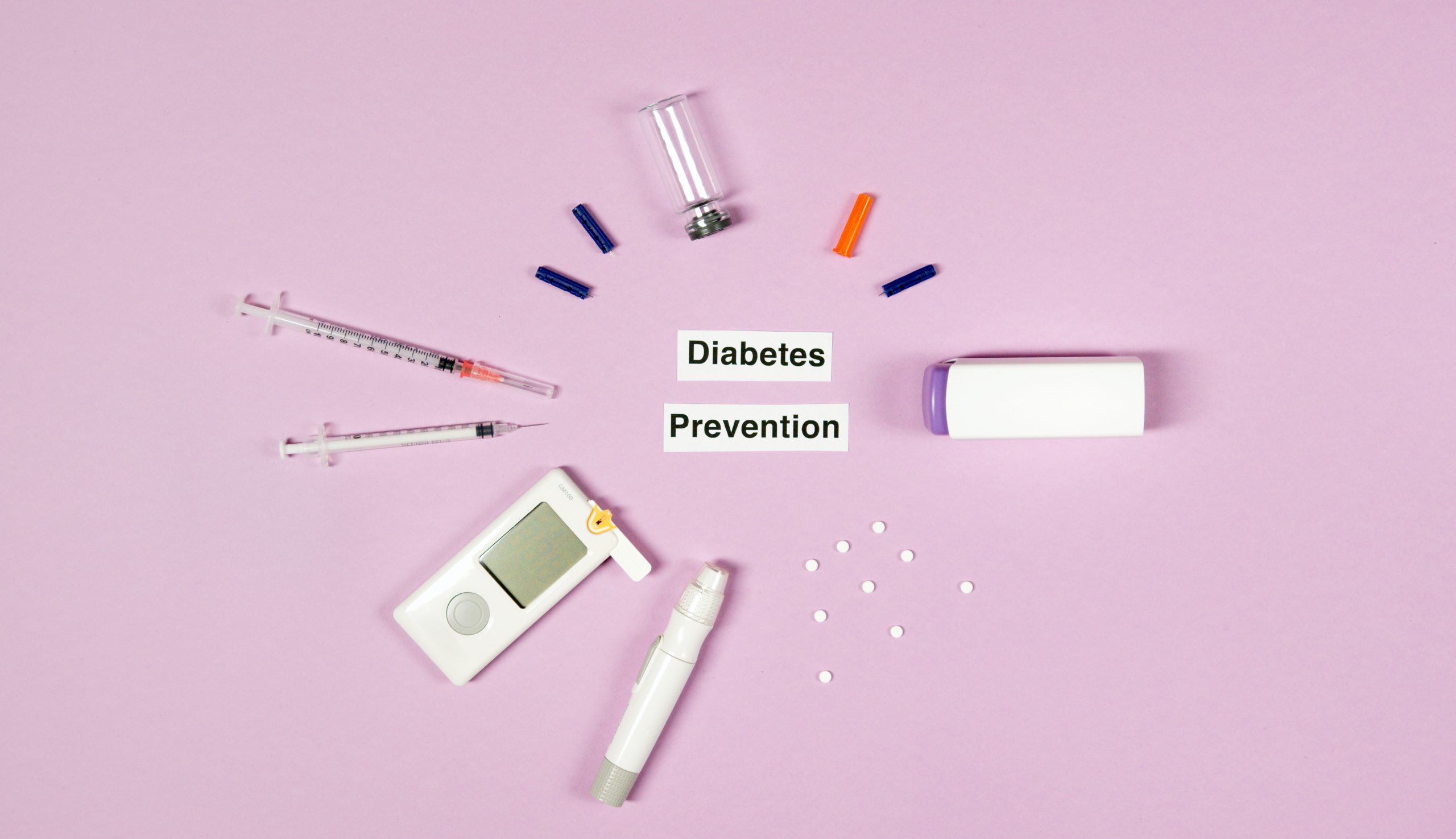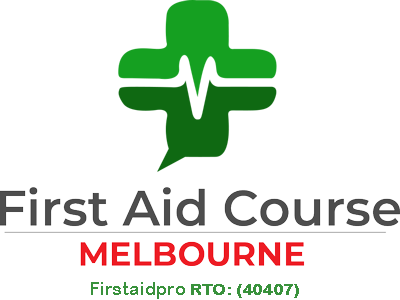After long months of being cooped up indoors with our thick jackets, it is exciting to spend time outdoors and have fun in the sun finally.
But not so fast!
The summer season is often known as the ‘trauma season’ for hospitals and emergency departments. People are out more, so there is more exposure to summer safety hazards.
Read on to learn more about these and other potential dangers this season.
Summer Safety Hazards
Summer has finally arrived, and with it comes longer days and weekend getaways. It is the perfect time to get outside, hit the beach, and go on a camping trip you’ve been putting up because of the cold weather.
However, the summer season does not mean you can let your guard down when it comes to health and safety. With the rising temperature comes plenty of health risks too. The sun’s out, and doctors are in. Hospital visits jump by a few per cent during summer months, according to reports.
To prevent unwanted accidents from ruining summer, here are the most common safety hazards to look out for.
-
Barbecue and campfire burns
Barbecue grills and campfires should be closely monitored to prevent anyone from getting burned. Sit far away from the heat source, with roasting sticks a few feet away from you. This is to protect yourself (and others) against flying embers that can cause indirect heart burns on the face, hands, and feet.
-
Mower injuries
Thousands of people suffer from mower injuries every year. Lawnmowers are made to be sharp and move quickly, which can pose a risk to both adults and small children. Avoid injury by making sure that the lawnmower is in good working condition before use. Refrain from using bare hands in clearing debris away from its sharp blades.
Protect your hands, feet, legs, and eyes by using protective equipment. Ask kids to stay indoors while mowing the lawn.
-
Drowning (from rip tides, waves and water currents)
According to reports, drowning is a major cause of death in children 14 years old and below. Naturally, small kids are weaker swimmers, so they should be supervised by an adult even if there is a lifeguard on duty. Take extra precautions, especially in open water, where rip tides and water currents make swimming even more dangerous.
Prevent drowning by learning or teaching others how to swim and ensuring proper supervision around water.
-
Dehydration and Heatstroke
It is vital to stay cool in hot summer weather. Dehydration can quickly turn into serious illnesses such as heat cramps, heat exhaustion, and heatstroke. While these may have similar symptoms, heatstroke is the most dangerous. Heatstroke can result in confusion, a decrease in blood flow, rapid pulse, and organ failure.
Preventing dehydration and heatstroke is doable. Drink plenty of fluids and spend time in the shade. Also, try to schedule your activities early morning or late afternoon when the heat is not so strong.
-
Bites and sting
Mosquito bites may seem like a small price to pay for summer adventures, but they can be dangerous if you encounter deadly insects. Protect yourself from outside creatures by putting screens on windows and doors. You can also wear bug repellants and choose long-sleeved clothing.
-
Sunburns
The percentage of people who have experienced at least one case of sunburn has risen significantly over the past years. Sunburn is a first- or second-degree burn, right up there with thermal burns.
If you are going to spend some time in the sun, use sunscreen. Re-apply every two hours or more if you are swimming or exposed to the direct sun.
From insect bites to burns, there are a number of accidents resulting in injury that can happen during summer. Learn basic first aid to handle summer safety hazards.
